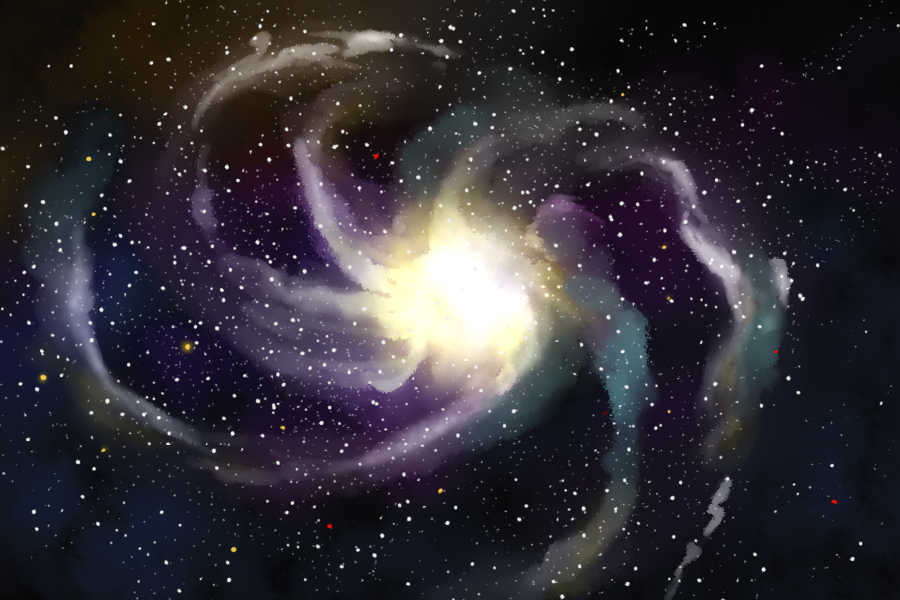
UC Davis mathematicians find different explanation for cosmic acceleration
The universe is quickly expanding through a phenomenon called cosmic acceleration. The theory of general relativity, written by Albert Einstein, contains a cosmological constant. This constant balances gravitational force, the force of attraction between all masses in the universe, and was put in by Einstein to produce a static universe.
“Einstein’s theory of general relativity and his work on the photoelectric effect, as well as the work of others, showed that the assumption that there is an ‘aether’ that can’t be detected, is unnecessary, and today no one believes that this aether exists,” said UC Davis math professor Elbridge Puckett.
Now that we know the universe expands and therefore isn’t static, scientists have used the cosmological constant as interchangeable with dark energy. Joel Smoller, a late professor of mathematics at the University of Michigan, Ann Arbor and two mathematics professors from UC Davis, Blake Temple and Zeke Vogler, didn’t think that was the right way to go.
“Our starting conviction that there was no dark energy was based on the insight that the fingerprint of mistakenly adding a fudge factor to a set of equations because you think you have the wrong equations, when in fact you have the wrong solution to the correct equations, is that the theory with the fudge factor must be fine-tuned so that the fudge factor is on the order of the errors you need to correct,” Temple said. “In dark energy theory, this requires that the cosmological constant be roughly the same size as the energy density of the universe at present time.”
The mathematicians didn’t set out to prove Einstein wrong. Rather, they started by assuming that Einstein’s equations were right without the cosmological constant and proved, if they were right, the critical Friedmann space time, the standard model of cosmology after the pressure drops to zero, is unstable.
“But the fact that we have characterized an instability in the Friedmann spacetime, a spacetime which has been the centerpiece of cosmology since the 1920s, is a remarkable thing to discover 100 years later,” Temple said. “This, together with the fact that the phase portrait of the instability describes exact perturbations created by the the instability that mimic the effects of dark energy so closely, is the reason that the Proceedings of the Royal Society supported the paper and published it, even though it is quite controversial because it challenges a long-accepted model in physics.”
When asked about the conclusion of the paper, distinguished professor of mathematics David Levermore at the University of Maryland said that the paper makes a strong case that dark energy is unnecessary.
“Their paper makes a strong mathematical case that there is no need to postulate the existence of dark energy in order to explain the observed ‘acceleration’ of the expansion of the universe,” Levermore said.
Written by: Kriti Varghese — science@theaggie.org



